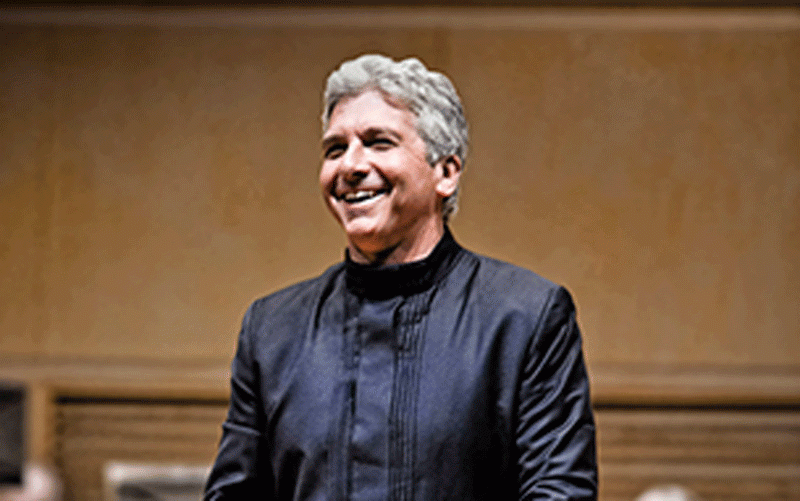
TIM MIDDLETON
GARY Lineker, the former England soccer captain, prolific goal-scorer and current popular television pundit recently recounted in an interview on BBC Sport that “I’m standing on the sidelines listening to parents shouting, and 99.9% of what they say is wrong, damaging their children.” That is a strong and statement, but, it is entirely accurate. Parents are damaging their own children from the sidelines.
He did offer a solution, a very simple one at that — he urged parents to “shut up and let them [their children] play.” Let them play. Did we hear that correctly? Let them play. Those three words are at the heart of what school sport is all about. Let them play.
First of all, let them play, with the emphasis on the word “let”. That means we need to let them, in the sense of “allow them”, to play. Parents and coaches put the brake on their child, not least by instilling a massive degree of fear — fear of making a mistake, fear of missing a tackle or a goal, fear of not making a team. After all, as Lineker notes in the same article, “If you play football or any sport with fear, you will perform less well.” We must allow children to be free just to play the sport without any extra pressure at a young age when they are still developing, growing, learning, The word “let” in the sentence also underlines that we must not just allow them, but also enable them to play. Our task is to release their potential, to give them the opportunity to play, to let them express themselves on the sports field in their own individual way. We as parents can let them play by helping them enjoy the sport above all else.
The second word is equally important. Let them play. Parents, coaches: the game is for the children, not for us. We may have all our theories and expertise and issues and ambitions but just let them play.
It is their game; let them play it. We are not the ones who signed up for the sport; they are. We are not the ones wearing the kit; they are. We are not the ones selected to play; they are. We are not the ones lined up on the field of play; they are. We are not the ones who turn up for practice, in all types of weather; they are. So let them play. It is their game, their moment, their chance. We as coaches or parents may well have more knowledge, experience, insight, strength, stamina, commitment, passion, belief (though we should not take any of those as a “given”) but the reality is that we are not playing; they are. Let them play.
The third word also has great significance. Let them play. Sport at school is meant to be very much about playing, and must therefore, by definition, be fun for them. The way we as coaches and parents treat the children and the sport, it is anything but fun — we make it to be pressure, performance, penalty, persecution, anything but play, it would seem. Training sessions often consist of running, running, running — very little play, very little use of the ball. Training sessions with a ball also often consist of drill after drill after drill; there is no fun involved at all. In fact, there is often very little play at all. The consequence of all of that is that the youngsters want to give up sport at the earliest opportunity; there is no pleasure because there is no play. Let them play. In case we have forgotten, it is a game, not a war, not a duel, not a judgment, not a threat — it is a game.
Of course, parents will want to argue that they have to push their child; a child is not going to achieve anything if he is not pushed or driven. However, it is equally true to say that, not everyone who is pushed or driven will achieve anything. Lineker picks up on this in the same interview: “I’ve seen parents wander on to the pitch. One picked up his child by the scruff of the neck and shouted, ‘If you play like that you’ll never make the grade’. I’m thinking ‘Mate, he’ll never make the grade anyway, so just chill, let him enjoy his football’… The truth is they’ll reach the level they’ll reach anyway”.
- Chamisa under fire over US$120K donation
- Mavhunga puts DeMbare into Chibuku quarterfinals
- Pension funds bet on Cabora Bassa oilfields
- Councils defy govt fire tender directive
Keep Reading
This comes from one who has reached the very top in his profession; this comes from one who has four sons, none of whom have followed him into professional soccer, though each had ability and each follows the sport. All such parents are doing is damaging their children; sport has become “too important to them”. So coaches, parents, sit down, shut up, chill and let your child play — or else we will pick you up by the scruff of the neck and shout at you. Let them play.
l Tim Middleton is a former international hockey player and headmaster, currently serving as the Executive Director of the Association of Trust Schools.
Email: [email protected]











